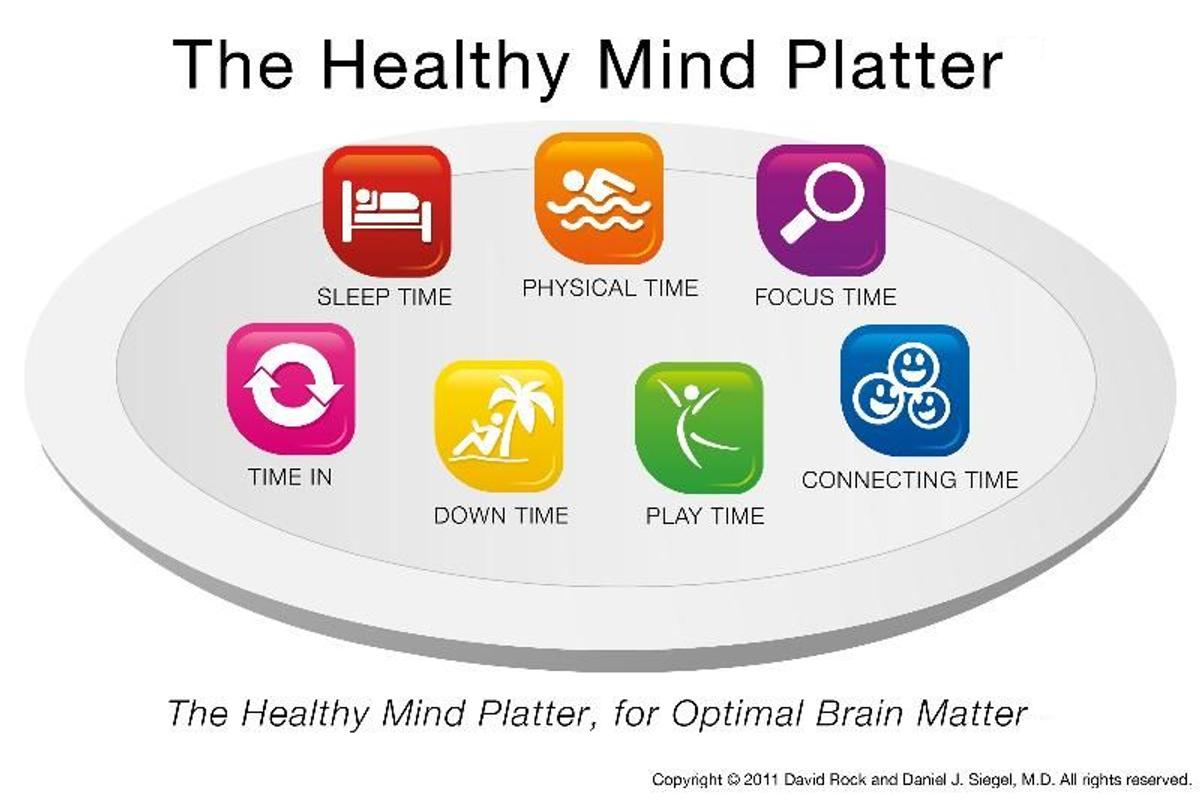Year 11 Pastoral Guardian
Bridget Piper

Year 11 Pastoral Guardian
Bridget Piper


Feeling a little worried about letting your child go to parties is natural, especially if you don't know the host or parents. Your child might have mixed feelings, too – excitement, nerves, and uncertainty. Partying is a chance to meet people, spend time with friends and relax. Taking care of yourself and the people around you is also important. You child may encounter risks from alcohol or other drug use- or that of others.


In our Year 11 Personal Development classes in Term 3, we covered the theme of 'Keeping Safe'. Year 11s covered 'Understanding Substances and Keeping Safe' as part of this theme. Teachers talked with students about alcohol and substance use, highlighting the reasons why people use substances (e.g., fun, self-medication) and the negatives of use (e.g., addiction).
Research suggests young people are using alcohol and substances, therefore a realistic, non-judgemental approach to these discussions. In promoting curiosity about young people's reasons for using alcohol, teachers explored the positives of use and then gently highlighted some of the consequences, which can be an effective way to highlight the risks. The Personal Development classes did not take a 'drugs are bad' approach, which has been shown to be ineffective in educating young people. Realistically, the motivation was for students to see the PROs and CONs and make informed decisions about their own use.
Ways you can better communicate with your child about partying:
The Healthy Mind Platter
Remember partying is a chance to meet people, spend time with friends and relax. According to Dr Daniel J. Siegel, connecting time is part of a Healthy Mind Platter, one of the seven essential mental activities necessary for optimum mental health in daily life.


This week's SchoolTV resource focuses on a SPECIAL REPORT: Partying| Mount Alvernia College (schooltv.me) simple safe partying guides for parents.


Connecting with other people, ideally in person rather than over technology, and taking time to appreciate our connection to the natural world, activates and reinforces the brain’s relational circuitry - Rock & Siegel (2011) Good decisions are key to staying safe at parties. But you must trust you have raised your child to make good moral and ethical decisions. And one day might just surprise you!!
Resources:
Partying safely - Better Health Channel
Safe partying tips - Alcohol and Drug Foundation (adf.org.au)
Party Safe Education™ | Encounter Youth Education™
drugprev.pdf (education.vic.gov.au)
Bridget Piper
Year 11 Pastoral Guardian